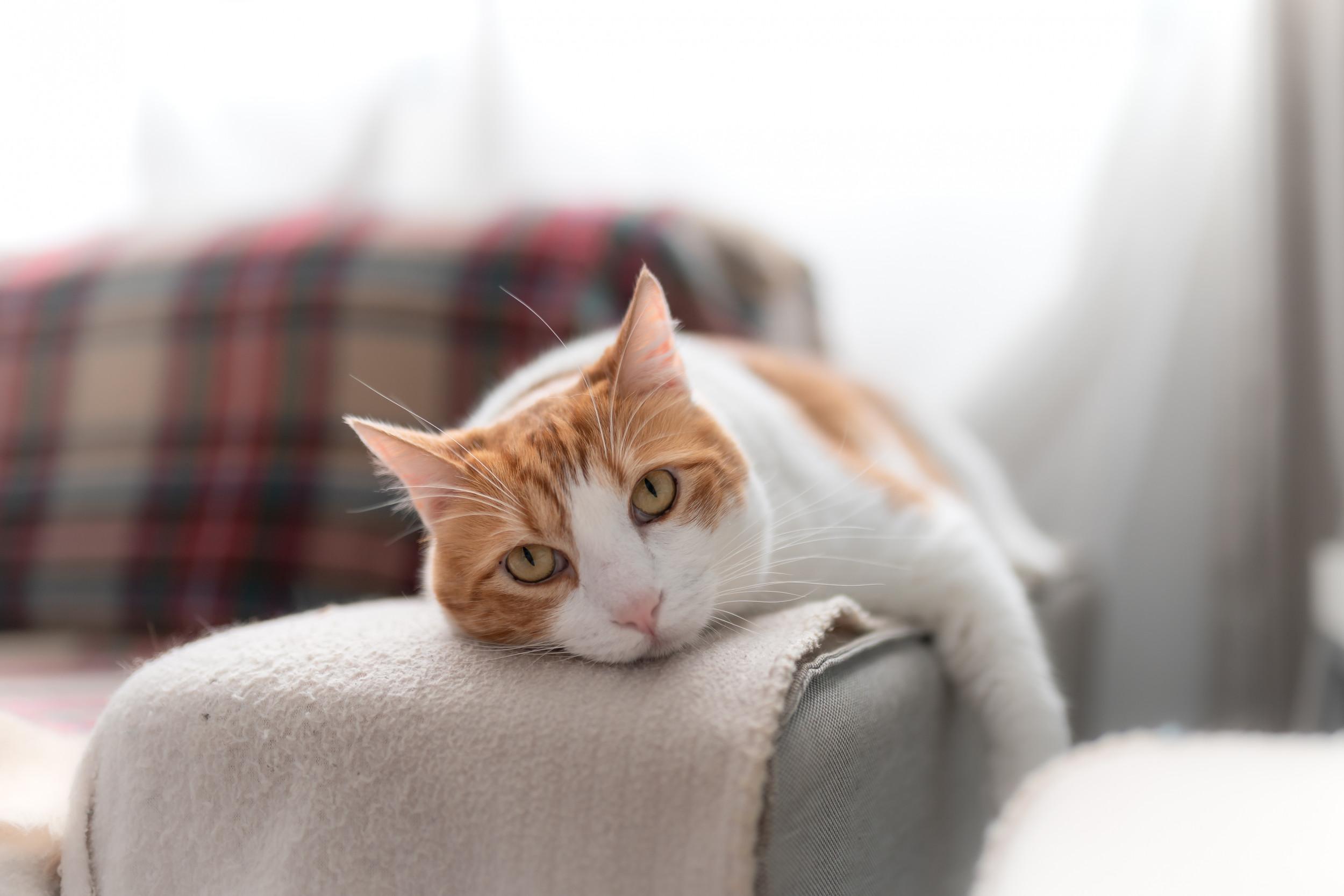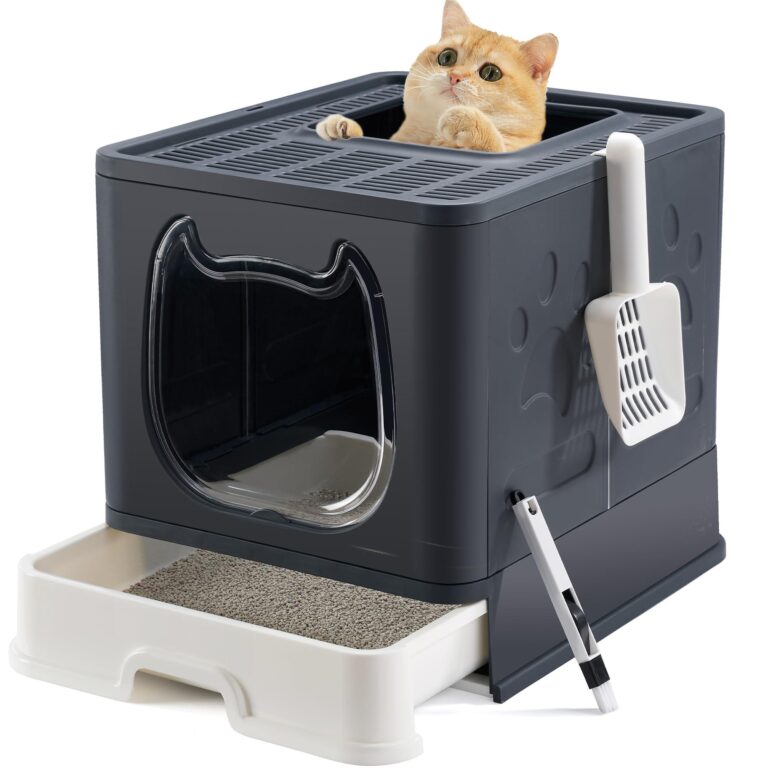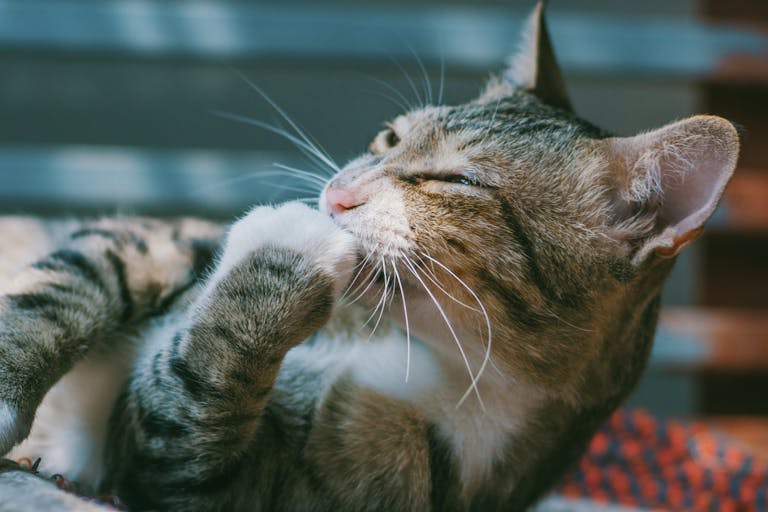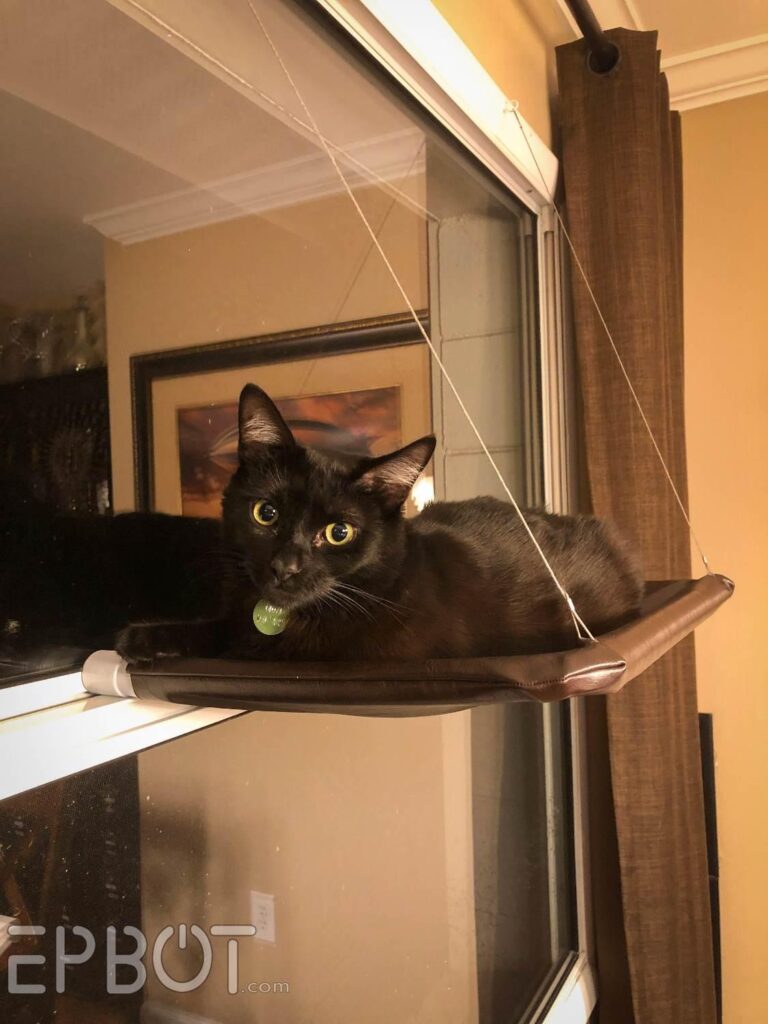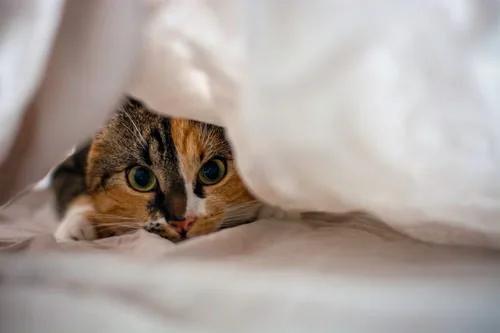Can Cats Get Lonely? Signs and Solutions
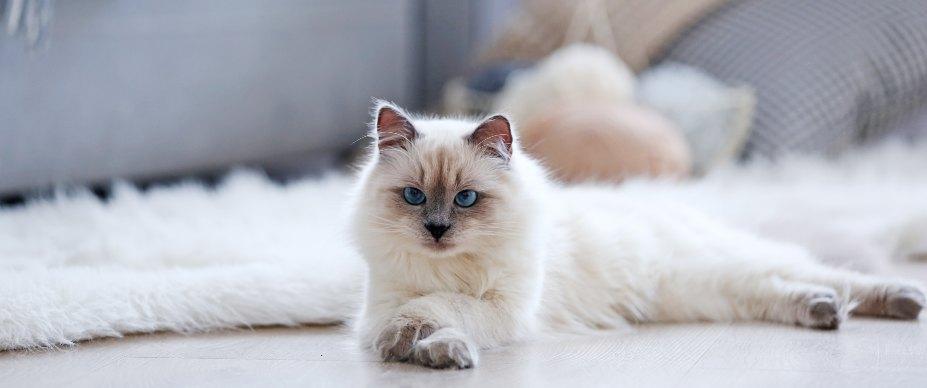
Can Cats Get Lonely? Signs and Solutions
Have you ever left your feline friend home alone and wondered, “Is my cat lonely?” It’s a question many of us cat lovers quietly ask ourselves while rushing out the door—especially when guilty feelings creep in about leaving them solo all day. Cats might be known for their independent streak, but that doesn’t mean they don’t crave companionship or can get lonely. In fact, recognizing when your cat feels isolated and understanding how to help is key to keeping them happy and healthy.
When Independence Isn’t Enough: Understanding Cat Loneliness
We often picture cats as perfectly content curling up in sunbeams, solo and serene. And while cats do enjoy their alone time, they’re more social than we sometimes give them credit for. Loneliness can sneak up on our furry pals, especially if their routine changes or they’re spending long hours without interaction.
Why does this matter? Because loneliness in cats can lead to stress, behavioral issues, and even physical health problems. It’s more than just feeling blue—it can impact their entire well-being.
Why Cats Are Not Just Tiny Solitary Ninjas
- Social by nature: Many cats come from wild or feral roots where they formed colonies and social bonds. Domestic cats often seek interaction with their humans or other furry pals.
- Mental stimulation matters: Boredom and lack of social engagement can cause anxiety and restlessness.
- Attachment styles differ: Some cats are naturally more affectionate and crave companionship more openly.
Recognizing these traits helps us appreciate that cats aren’t just fine left alone indefinitely—they have emotional needs, just like dogs (or us!).
Spotting the Signs: Is Your Cat Lonely?
Detecting loneliness in cats can be tricky, especially since subtle changes might go unnoticed until they become bigger problems.
Common Warning Signs of Loneliness in Cats
- Excessive meowing or vocalizing: If your usually quiet cat starts yowling or calling out persistently, it could be a “hey, pay attention to me!” signal.
- Destructive behaviors: Scratching furniture, knocking things over, or chewing on items more than usual could stem from boredom and loneliness.
- Overgrooming or licking: This can be a stress response related to feeling isolated.
- Clinginess or shadowing: A lonely cat may follow you around constantly, seeking more interaction.
- Decreased appetite or lethargy: Sad or lonely cats sometimes lose interest in food or play, signaling emotional distress.
“My cat used to nap all day, but lately she’s meowing nonstop when I leave for work. I never realized she might be feeling lonely!” — Sarah, devoted cat mom
Watching your kitty’s behavior day-to-day helps you catch these clues early on.
How to Help: Simple Ways to Keep Your Cat Company and Content
If you suspect your cat is feeling lonely, don’t worry—there are lots of practical, loving ways to help boost their happiness.
1. Schedule More Playtime
Interactive play isn’t just fun—it’s emotional enrichment. Use wand toys, laser pointers, or feather teaser toys to engage your cat daily. Even 10–15 minutes of dedicated play can make a huge difference.
2. Consider a Feline Friend
If your lifestyle and space allow, adopting a second cat can provide invaluable companionship. Just be sure to introduce them slowly and carefully to ensure compatibility.
3. Create Cozy, Stimulating Spaces
Window perches, cat trees, puzzle feeders, and hiding spots all provide mental stimulation and a safe haven for your kitty when you’re away.
4. Talk and Groom Them Regularly
Your voice is comforting, and grooming (if they like it) strengthens your bond while soothing your cat.
5. Use Technology for Connection
If you’re gone long hours, set up pet cameras with two-way audio so you can check in and talk to your cat. Some even let you dispense treats remotely!
Mistakes to Dodge: What Not to Do When Your Cat’s Feeling Lonely
Good intentions don’t always translate into the best help. Let’s talk about some pitfalls to avoid.
Don’t Overwhelm Your Cat With Attention
It’s tempting to smother a lonely cat, but too much forced interaction can stress them out further. Pay attention to your cat’s cues—if they walk away, respect their space.
Steer Clear of Giving Too Many Treats
While treats can be a nice distraction, overuse may lead to unhealthy weight gain or reinforce bad habits instead of solving loneliness.
Avoid Changing Your Cat’s Environment Suddenly
Moving furniture, introducing new pets abruptly, or altering routines without gradual adjustments can increase your cat’s anxiety, making loneliness worse.
Helpful Products to Keep Your Cat Company
Sometimes a little extra help from the pet product world makes all the difference. Here’s a favorite gear pick for keeping your cat mentally active and less lonely:
- Interactive Cat Toy – The Playful Pouncer
This device mimics prey movements, encouraging your cat to chase, pounce, and play — perfect for solo fun when you’re busy.
Combine toys like this with cozy beds and your cat’s favorite treats, and you have a mini toolkit against loneliness.
Bonus: FAQs About Cat Loneliness
Can cats really get lonely if they’re mostly independent?
Absolutely! Even the most independent cats seek social connection and mental stimulation. Loneliness can happen if they lack interaction, especially over long periods.
How do I know if my cat prefers being alone or needs more company?
Observe their behavior. If they seek you out, vocalize for attention, or get restless when alone, they probably want more companionship. If they seem content and nap tranquilly without signs of stress, they may just enjoy their solitude.
Is it better to get a second cat if my cat is lonely?
Sometimes, yes! A well-matched feline friend can provide great company. However, not all cats enjoy sharing their space, so introductions must be slow and cautious to avoid stress.
Wrapping It Up With Love
So, can cats get lonely? You bet—and understanding their emotional world helps you become the best cat parent you can be. Watching for signs, enriching their environment, and sharing quality time can all help create a happy, fulfilled kitty.
Remember, every cat is unique, with their own personality and needs. The key is paying close attention, responding with love and patience, and not being afraid to try new ways to brighten your cat’s days—because our feline friends deserve all the companionship and joy we can give.
Here’s to happy, content cats and the wonderful bond we share!

